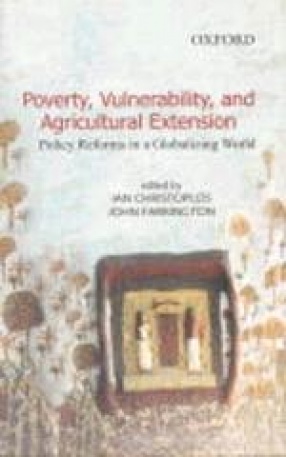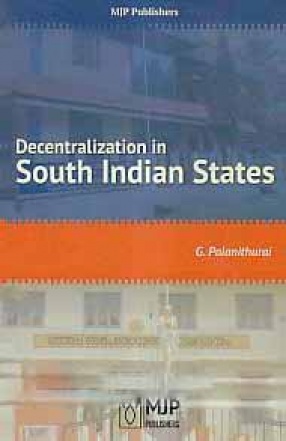This book analyses the relevance of agricultural extension to poverty and how far the system facilitates economic and social development among small and marginal farmers. Extension services have traditionally been funded by the public sector and are now in crisis the world over given their high costs and limited impact. The volume discuss the type of institutions that should provide these services challenging the common belief that such services can and should be provided by the private sector in a neoliberal age. It argues that official development assistance should play an essential role not just in helping farmers reach global markets but also in addressing the issues related to the wider livelihoods of low-income households. The analytical framework is supported by empirical material gathered from several countries — primary data in Bolivia, Colombia, Nicaragua, Uganda, and Vietnam and from secondary sources in a range of other countries, including India. This makes for authoritative conclusions on the scope for action by governments and donors in a range of contexts. This volume will be of interest to policy makers, technocrats, and NGOs concerned with the design and delivery of assistance programmes, researchers, agricultural universities, and students concerned with extension issues.
Circular Migration and Multilocational Livelihood Strategies in Rural India
Circular migration, much of ...
$49.50
$55.00







There are no reviews yet.